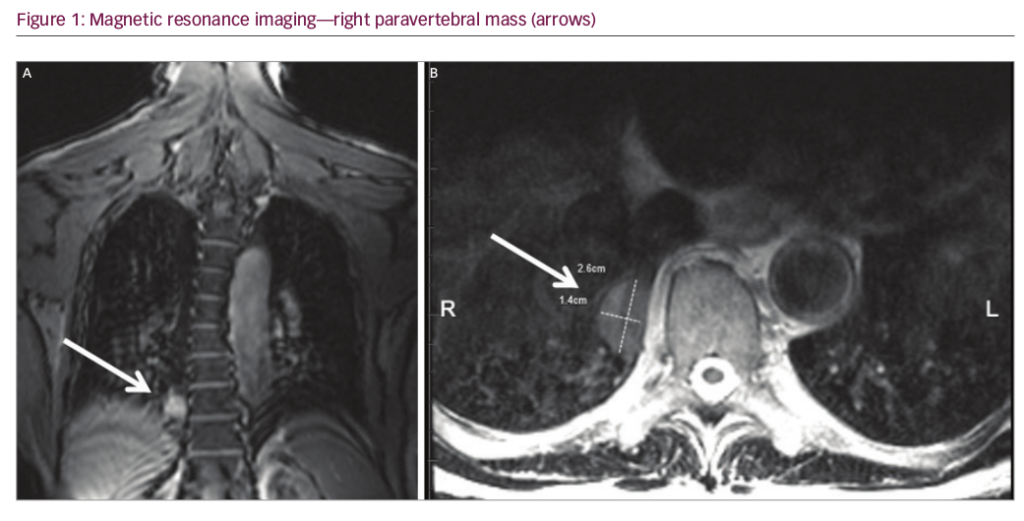Interventional Pulmonology
An Introduction to Interventional Pulmonology
Interventional pulmonology is a relatively new discipline that uses a range of minimally invasive procedures to diagnose and treat malignant and non-malignant disorders of the lungs and airways. These include diagnostic bronchoscopy, which can assess previously inaccessible nodules of the lungs using small bronchoscopes and innovative guiding techniques such as electromagnetic navigation, radial ultrasound, cone-beam computed tomography. Asthma and COPD can now be treated endoscopically using techniques such as bronchial thermoplasty and bronchoscopic lung volume reduction. Advances in therapeutic bronchoscopy include customised, 3-dimensional printed, biodegradable and bioactive stents. Ultrasound-guided pleural interventions, photodynamic therapy, small-bore chest tubes, mini-thoracoscopy and indwelling pleural catheters have also transformed pulmonary medicine. At present, many of these interventions are expensive and require skilled multidisciplinary teams.
Expert video highlights and insights from the conference hub and comprehensive peer-reviewed articles from our journal portfolio provide updates on the ever changing landscape.

Physician burnout is at a critical point. In this episode, Nicky speaks with Dr Alfred Atanda about why so many physicians are burning out and what can be done to change the trend. From personal experience to system-wide solutions, Dr Atanda shares valuable insights on improving physician well-being and building a more effective healthcare culture.

In this episode, we explore the future of continuing medical education (CME) with the team behind touchIME. Hannah Fisher and Matthew Goodwin share insights into global and US trends, the importance of patient inclusivity and how educational outcomes are evolving to better measure the direct impact of learning on clinical practice and patient care.

Three experts discuss the pathogenesis, diagnosis and treatment for bronchiolitis obliterans syndrome (BOS).





Lung cancer remains the leading cause of cancer-related death.1 However, five-year survival in lung cancer varies greatly based on the stage of the disease at diagnosis.2 Early lung cancer diagnosis through screening with low-dose computed tomography (CT) demonstrated a 20% reduction ...

We caught up with Prof. Frank Sciurba (University of Pittsburgh, Pittsburgh, PA, USA) to discuss the 2 year findings from a US feasibility study of bronchial rheoplasty for chronic bronchitis and to learn more around the upcoming advances in chronic bronchitis. ...

We were delighted to catch up with Mr Alan Kirk (Golden Jubilee National Hospital, West Dunbartonshire, Scotland, UK) to discuss the 24-month follow-up to the TRANSFORM study, investigating endobronchial valve treatment for patients with severe heterogeneous emphysema. The abstract ‘Durability ...

Welcome to the latest edition of US Respiratory & Pulmonary Diseases, which aims to provide insightful and topical articles relevant to the everyday practice of busy physicians. COVID-19 continues to dominate headlines worldwide and is the focus of several of ...

At ERS 2019 in Madrid, we were joined by some of the top respiratory experts from around the world. Here, they share their highlights from this year's congress. touchRESPIRATORY.com is an independent information resource supporting physicians, clinicians and leading industry ...

At the 2019 ATS conference in Dallas, TX, USA, Frank Sciurba (University of Pittsburgh Medical Centre, Pittsburgh, PA, USA) discusses the challenges faced by patients with heterogeneous emphysema with negative collateral ventilation (CV) status and the potential of the Zephyr Valve ...

Lung diseases are highly prevalent and their early diagnosis is essential for successful treatment. Noninvasive imaging techniques are an important component of the diagnostic process for lung diseases and can also provide important information in terms of prognosis, as well ...

Lung, pulmonary, or broncholpulmonary sequestration is a congenital disorder in which tissue that develops into lung parenchyma is not attached to the bronchial system.1 Blood supply originates from the aorta or various peripheral arteries.1,2 It is also referred to as ...

Assessment of peripheral pulmonary nodules and mediastinal lymph nodes is critical in the diagnosis and staging of lung cancer, which is the leading cause of cancer death worldwide.1,2 Endobronchial ultrasound (EBUS) continues to evolve, allowing clinicians the ability to evaluate ...

Tube thoracostomy (chest tube placement) is a common procedure used in pathologic conditions to drain the pleural space of air (pneumothorax), blood (hemothorax), serum (pleural effusion), lymph (chylothorax), pus (empyema), or a combination of these.1 In these instances, when an ...
Latest articles videos and clinical updates - straight to your inbox
Log into your Touch Account
Earn and track your CME credits on the go, save articles for later, and follow the latest congress coverage.
Register now for FREE Access
Register for free to hear about the latest expert-led education, peer-reviewed articles, conference highlights, and innovative CME activities.
Sign up with an Email
Or use a Social Account.
This Functionality is for
Members Only
Explore the latest in medical education and stay current in your field. Create a free account to track your learning.



